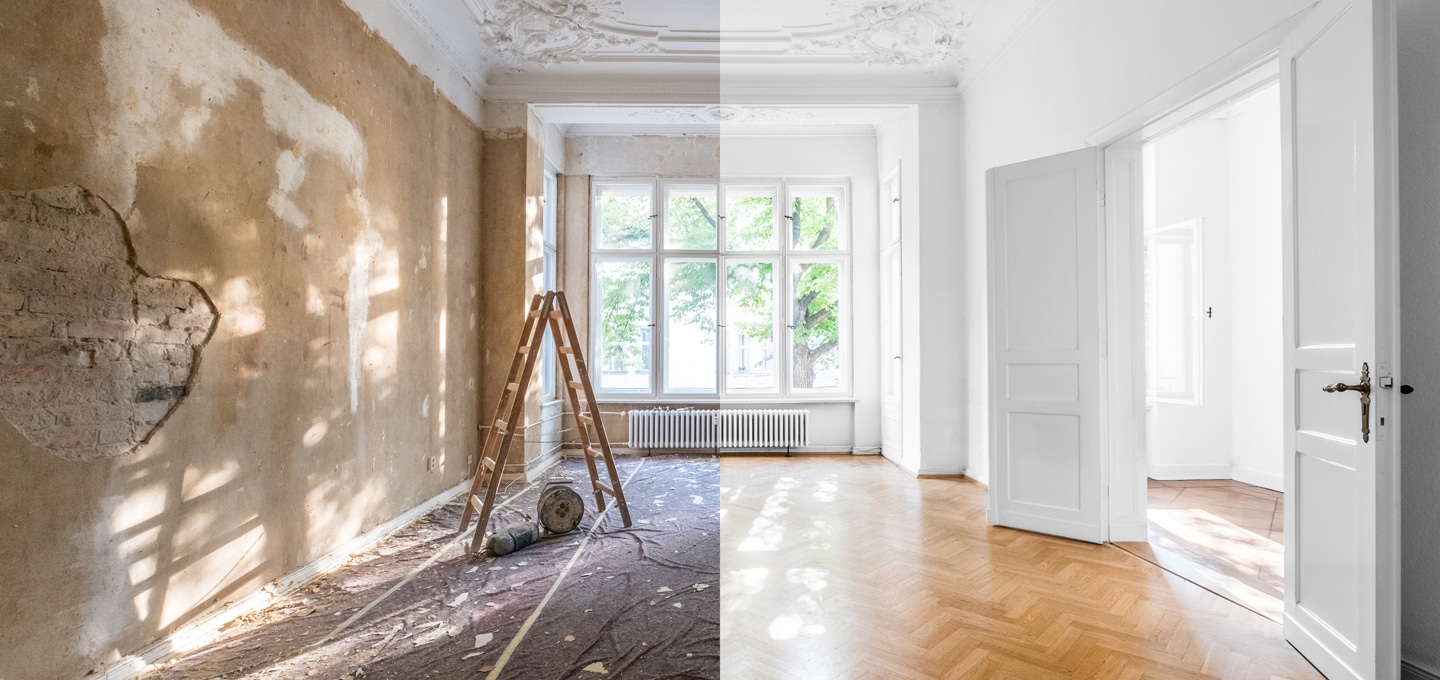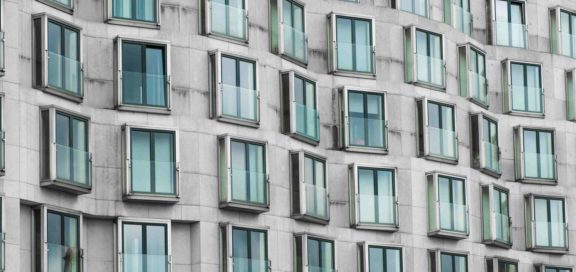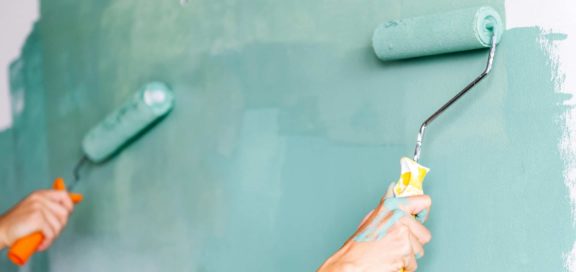The Federal Court of Justice (FCJ) has made a Solomonic decision in two proceedings concerning the assumption of costs for cosmetic repairs in rented apartments. Regarding flats taken over unrenovated by the tenant, tenant and landlord have to split the costs for the cosmetic repairs to be carried out later. This was decided by the Federal Court of Justice (FCJ) in its rulings of July 8, 2020 (Ref.: VIII ZR 163/18 and VIII ZR 270/18).
Cosmetic Repairs: Thinking From the End
When moving in, it often goes like this: The tenants take over an unrenovated apartment, and no one thinks of cosmetic repairs. Yet after a few years at the latest, the apartment shows signs of wear, the wallpaper is stained and there are holes in the walls. Cosmetic repairs are necessary.
The Cases
This was the same in the two cases before the FCJ. The suing tenants had taken over their flats unrenovated, and now cosmetic repairs were due. The tenants required the landlords to have these works carried out. The landlords refused. According to the decisions of the FCJ, both parties must now meet in the middle.
Tenancies and Their Contracts
In accordance with the law, it is the landlord’s responsibility to maintain the apartment in a condition in accordance with the contract. However, in standard lease agreements, there are often attempts to shift the obligation to renovate the apartment onto the tenant. In 2015, the FCJ had already decided that such clauses are invalid, at least in the case of apartments that are left unrenovated. They are replaced by the landlord’s obligation to maintain the property. The FCJ also upheld this legal interpretation in the two current cases.
This means that tenants can demand that their landlord carry out cosmetic repairs. But this does not mean that the landlord has to bear the costs on his own.
Condition at Hand-Over is the Starting Point
The basis for the landlord’s obligation to maintain the apartment is generally the apartment’s condition at the time it was handed over to the landlord, i.e. the unrenovated condition. However, the renovation to this initial condition is neither practicable nor reasonable or in the tenants’ interest.
Evaluation of the FCJ
The performance of cosmetic repairs only made sense if they put the apartment into a freshly renovated condition, according to the FCJ. This would also benefit the tenant, as the apartment would then be in a better condition than agreed at the beginning of the contract. For this reason, the tenant could demand the renovation from the landlord on the one hand. But on the other hand he would have to contribute to the costs to an appropriate extent. Normally, the tenant would have to bear half of the costs, decided the FCJ which referred the proceedings back to the competent courts of appeal.
Conclusion
It is appropriate and in the best interests of the parties to carry out cosmetic repairs on an unrenovated apartment if the apartment is restored to a newly renovated condition. However, the tenant will get an apartment in a better condition than agreed on in the contract at the beginning of the lease. Therefore, the individual interests of the contracting parties must be balanced at this point.
Against this background, the Senate has decided that in such cases the tenant can demand a “fresh” renovation from the landlord on one side, but on the other side has to contribute to the required costs to a reasonable extent. As far as there are no special circumstances, this will regularly mean half of the costs.
FCJ Ruling: Tenant and landlord have to split the costs for any cosmetic repairs if the apartment was unrenovated at the start of the contract.






